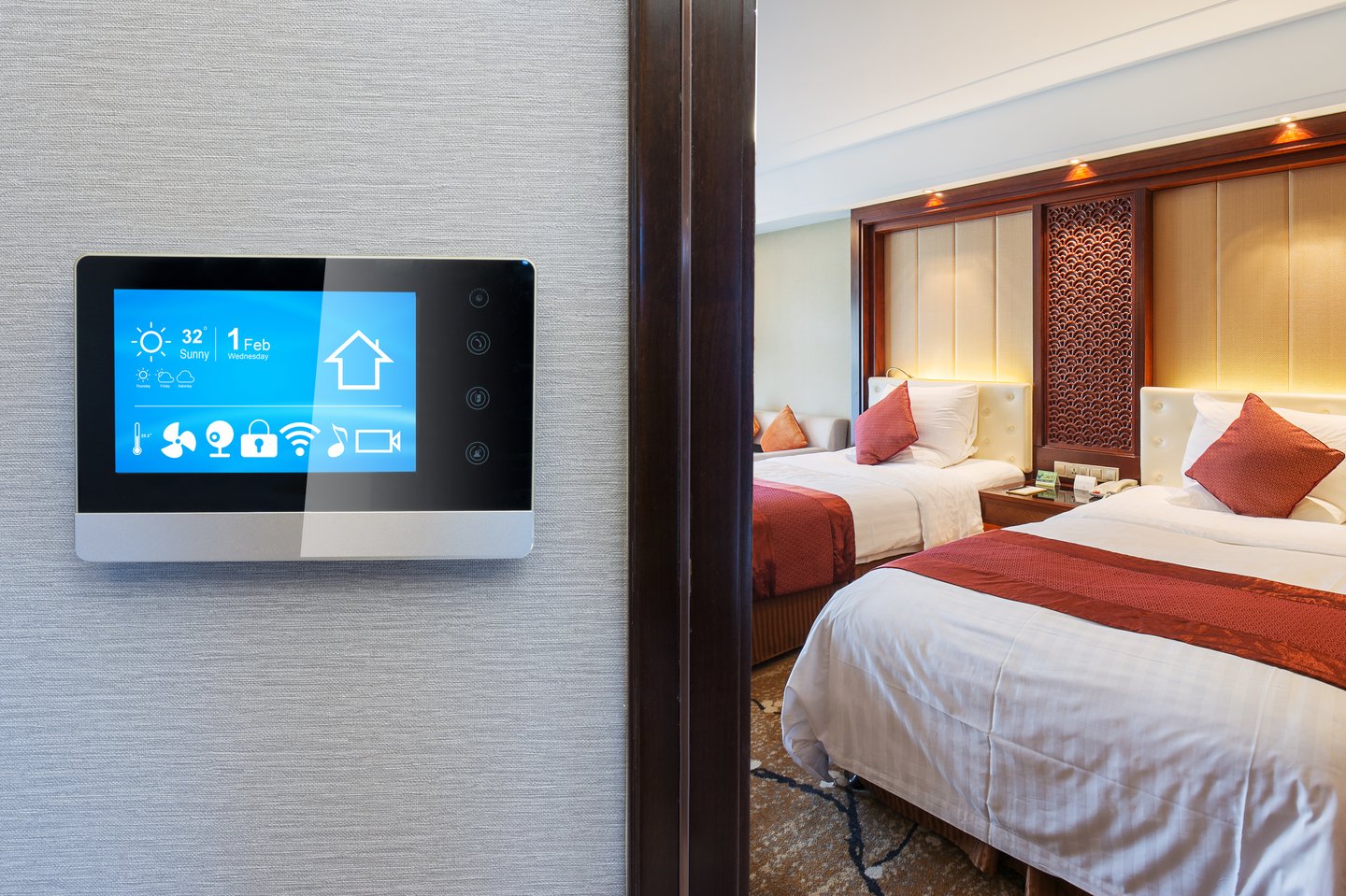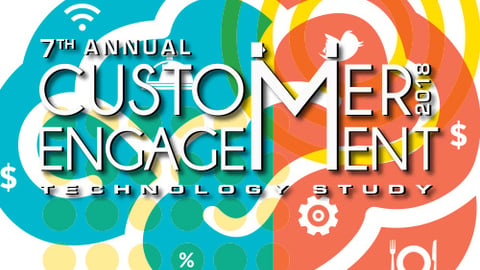Survey: 75% of Travelers Have Trust Issues with Smart Hotel Technology but 44% Want It Anyway
Is Alexa a welcome presence in travelers’ hotel rooms? With Marriott and other major hospitality brands beginning to introduce voice-activated digital assistants into the amenity mix, independent marketing communications agency Mower asked 400 U.S. travelers if they’re ready for the rise of smart hotels.
The results of the Quick Take on Travel survey reveal that while 75 percent of travelers have at least some privacy concerns over such technology—which ranges from digital check-in to keyless room entry, almost half (44 percent) would still prefer to book a hotel with smart features. Those results suggest that for many, the convenience of a smart hotel outweighs the perceived security risks.
Millennials and those who already use smart home technology are more likely to know that similar technology is increasingly available on the road, and they’re more likely to book a hotel that offers it. Sixty percent of travelers have already stayed in a smart hotel. Among the features they have encountered are digital check-in (33 percent); keyless room entry via smartphone (22 percent); thermostats, lighting, TV/streaming and other features pre-set to their preferences and activated by their presence in the room (21 percent); an app that lets them control room features like thermostats and lighting from their own personal device (16 percent); and voice-activated assistants like Alexa and Siri (14 percent).
A few more survey highlights:
- US travelers are tech savvy and embrace smart technology at home—but not without trepidation. The vast majority (86 percent) of respondents consider themselves tech savvy, with 24 percent indicating they are very savvy. Some 59 percent use smart home technology even as 55 percent are at least somewhat concerned about privacy issues around that technology—and 20 percent are very concerned.
- Hotels at the forefront of smart tech understand what features their guests want. Survey results reveal that the top three smart features travelers are most likely to have encountered on the road are the same features they are most interested in using: digital check-in (32 percent), keyless entry (23 percent) and pre-set temperatures, lighting and other preferences activated by their presence (21 percent).
- Just under one quarter of travelers are less likely to book a smart hotel. While 44 percent are more likely to book a smart hotel, the 23 percent of respondents who are less likely to is roughly in line with the 20 percent who report they are very concerned about privacy issues around smart room technology. A third of travelers say the availability of smart room technology would have no bearing on their booking decision.
- Keyless entry raises the most security concerns among travelers (52 percent). Those who do not currently use smart home technology are more apprehensive about the security risks of keyless entry than those who have smart home experience. In-room voice-activated digital assistants are a concern for 38 percent of travelers, followed by digital check-in at 31 percent. A quarter of travelers are uneasy about apps that control the thermostat and lighting or that are pre-set to the guest’s preference and activated by his or her presence.
- Travelers would rather opt in to technology than opt out. As many as 69 percent of survey respondents would rather be informed about what features are available and have the opportunity to opt in than to have them automatically included and opt out.
Quick Take on Travel is a series of surveys by Mower tracking hot-button U.S. travel industry trends and issues.



